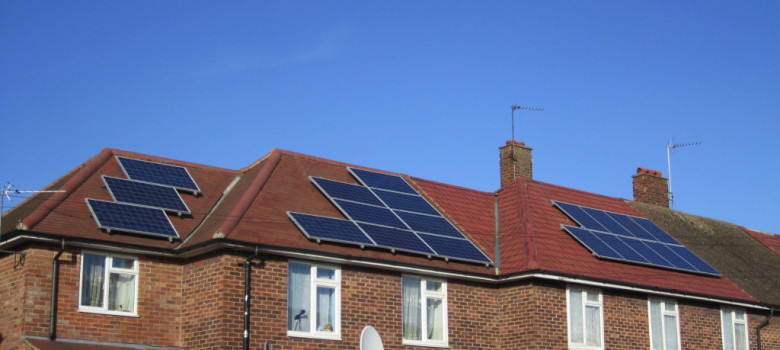
UPDATE: The Feed-In Tariff is now closed for new applications. To find out about the new scheme designed to replace it, click here.
A few weeks ago we wrote a piece on ‘7 things you need to consider before installing solar PV’
In this blog we are going to continue the theme! Another 7 things you should consider…
Should I use the electricity I produce or Export it back to the grid?
Put simply, it is best to use as much of the electricity you produce in your home as possible, rather than exporting it back to the grid, because using 1 kWh of electricity that you have produced means you don’t need to buy it from the grid at £0.15 or more.
If you export it, you only get paid £0.0477, therefore so long as you have a use for the electricity it is better to use it. As such, if you foresee that you are going to export a lot of the energy you produce since you are at work during the day, you can install items to help store the heat. 2 items spring to mind here – storage heaters, which will heat up during the day and then release the heat when you get home, or immersion hot water (meaning you won’t need to heat the hot water with gas).
Can I still generate energy during a blackout?
Fortunately in the UK, we experience few blackouts, but unfortunately for those with solar panels, when they do happen, you are unlikely to be able to use them to power your home. This is because most solar systems are connected to the grid using a grid tied inverter, and if the grid is shut down during a blackout to allow necessary repairs to take place, they don’t want any electricity to feed into the grid otherwise the engineers might get fried. So whilst solar PV might be a great investment, they won’t help you during a blackout.
Solar will be cheaper in a few years, so should I wait to install it?
Well, it is true that the cost of installing a solar PV system is falling steadily; but government subsidies or ‘feed-in-tariffs’, which are used to incentivise people to invest in solar PV are dropping too. Therefore despite the fact you will be paying less to get the system installed, the amount you will be paid for producing the electricity is also dropping. Therefore in reality there is actually no point waiting to install your solar PV system.
Can I use solar PV to power my immersion heater?
Yes. There are now products on the market that monitor your energy usage and use any excess to heat your water. It is a great way to utilise energy that would otherwise be going into the grid for a nominal feed-in-tariff. It is far preferable to use that energy in the home, so products like these can be invaluable. In addition, it is unlikely you will have an export meter installed with your system, so regardless of how much electricity you use or export, the energy company will pay you based on halving your generation tariff reading (they will assume you export 50%). Therefore, there is absolutely no point in exporting electricity back to the grid, because you will get the export payment regardless!
Will my system only make electricity during the summer?
No – you can make electricity throughout the year. Having said that, the panels will produce more electricity during the summer months, however direct sunlight is not necessary to make electricity. The panels will still produce a considerable amount of power during winter and even on cloudy days, although you will likely have to use grid electricity to top up during these periods.
It is also worth mentioning that solar panels actually work less efficiently if they get hot – so the myth that panels only work on scorching hot days is simply not true. In many instances, a cold bright winter’s morning will produce more electricity than a hot summer’s morning.
 Can I store the electricity I create from my solar PV panels?
Can I store the electricity I create from my solar PV panels?
With a standard grid tied installation… no; the electricity has to be used as it is generated, but there are now products on the market that will allow you to store the electricity generated. Effectively large batteries, these systems store the energy created during the day and allow you to utilise it during the evening and night. If you happen to use most of your electricity when the sun goes down, this could be the technology for you (www.sunbat.co.uk for example). Be warned however, this is an expensive technology, and it would be more cost effective to try and better regulate your energy use.
I don’t like the look of solar panels, but still want solar PV – what can I do?
Solar panels are big, there is no getting away from that fact, but if you really can’t bear to have your roof covered in them you can actually now by solar panel tiles / slates. They are unfortunately considerably more expensive (about 3 times as much as normal solar PV panels) which means that the payback for these systems is far longer, but they are a much more subtle way of getting to benefit from solar PV.



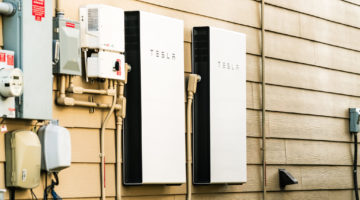
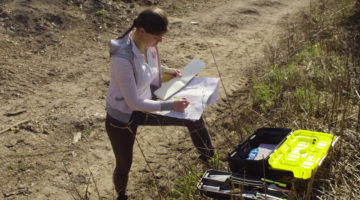
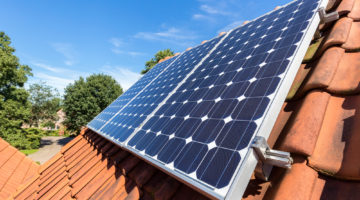
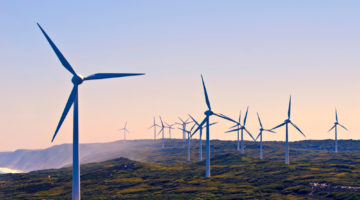





This is very useful, I read your related solar PV article with interest and I think these genuinely are 14 tips people should consider before installing solar
I heard recently that solar panels should actually face a slightly western direction to coincide with when the electricity is required (they make more power in the afternoon / evening). Is this correct?
You need to check your advice as storage heaters only store energy during the night then release during the day so wont benefit from solar panels !
Hi Janet, just to add what Henry said, for economy 7 that is strictly true but for example, if you are on Economy 10, then you will have slots during daylight hours when you can set your storage heaters to charge. If you are generating excess electricity, these can then be diverted to your storage heaters. Hope this helps.
Janet, while they USUALLY store energy throughout the night, you can set them to charge during the day when you are generating surplus electricity from your Solar PV system by using a Solar PV optimiser.